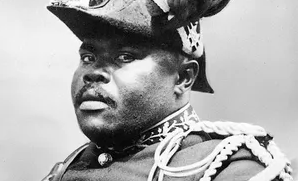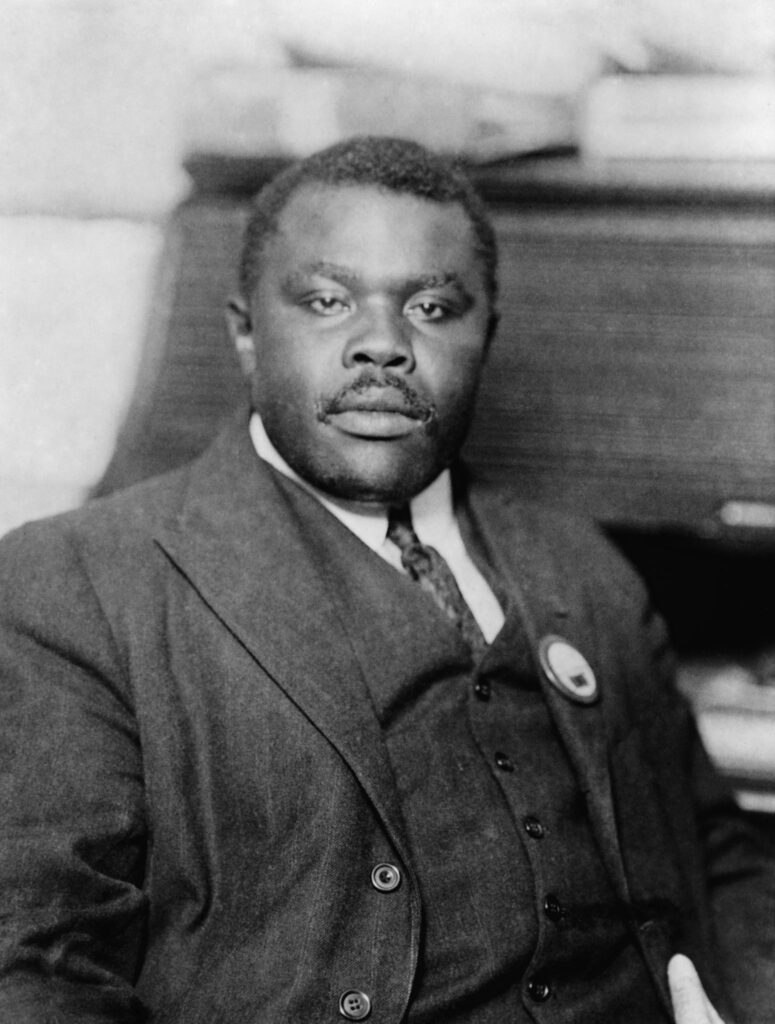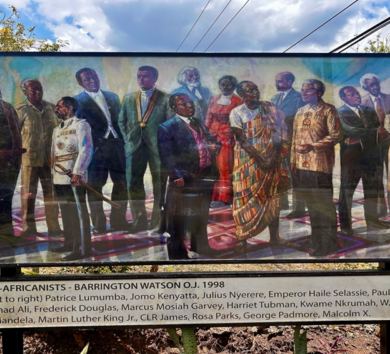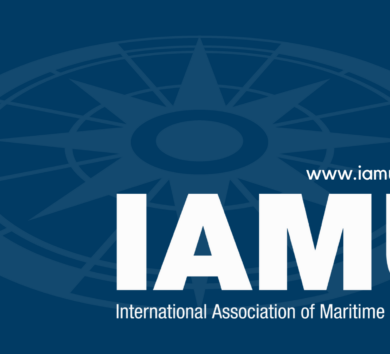

Marcus Mosiah Garvey Jr. (August 17, 1887 – June 10, 1940) remains a towering figure in the history of Black empowerment and Pan-Africanism. Born in Saint Ann’s Bay, Jamaica, Garvey rose to international prominence as a leader, visionary, and advocate for the rights and dignity of people of African descent worldwide.
Early Life and Education
Garvey was the youngest of 11 children born to Malcus Mosiah Garvey, a stonemason, and Sarah Jane Richards, a domestic worker. His father’s extensive personal library ignited Garvey’s lifelong passion for reading and self-education. As a young man, he worked as a printer and editor before travelling extensively across Latin America, where he observed the struggles of Black people under colonial rule.
Garvey later moved to London, England, where he studied at Birkbeck College, University of London, and worked as a messenger and handyman for the African Times and Orient Review. This experience deepened his understanding of Pan-African nationalism and influenced his vision for global Black unity.

Founding the Universal Negro Improvement Association (UNIA)
In 1914, Garvey returned to Jamaica and founded the Universal Negro Improvement Association (UNIA) and African Communities League. The organization sought to uplift people of African descent by promoting racial pride, economic self-reliance, and cultural heritage. With its motto, “One God, One Aim, One Destiny,” the UNIA became a powerful movement.
Garvey relocated to the United States in 1916, where the UNIA gained significant momentum. Its membership swelled to millions globally, bolstered by initiatives such as the Negro World newspaper, which spread Garvey’s ideas of Black empowerment.
The ‘Back to Africa’ Movement and Economic Ventures
One of Garvey’s most ambitious projects was the Black Star Line, a shipping company established in 1919 to facilitate trade and travel between Africa and the African diaspora. He envisioned the company as a step toward Black economic independence and the realization of his ‘Back to Africa’ movement.
Additionally, Garvey founded the Negro Factories Corporation, which supported Black-owned businesses, including restaurants, shopping centres, and factories. These efforts sought to foster economic self-sufficiency within Black communities.
Imprisonment

Despite his successes, Garvey faced many criticisms and challenges. He was often at odds with other Black leaders, including W.E.B. Du Bois, due to his philosophy of racial separatism and his meetings with controversial groups like the Ku Klux Klan.
In 1922, Garvey was charged with mail fraud related to the Black Star Line’s operations. The case was heavily influenced by J. Edgar Hoover, who sought to discredit Garvey through extensive surveillance and negative publicity. Garvey was convicted in 1923 and sentenced to five years in prison.
After serving two years at Atlanta Federal Penitentiary, President Calvin Coolidge commuted his sentence, and Garvey was deported to Jamaica in 1927. He continued his activism, running for public office and advocating for economic and cultural empowerment.
Final Years and Legacy
In 1935, Garvey moved to London, where he continued his work despite declining health. He died on June 10, 1940, after suffering multiple strokes. At the time of his death, his influence had waned, but his ideas continued to resonate deeply.
Garvey’s legacy endures as a source of inspiration for movements such as the Nation of Islam, the Black Power movement, and Rastafarianism. His call for racial pride and unity remains a cornerstone of global Pan-Africanism.

A Call for Exoneration
In recent years, efforts have intensified to exonerate Garvey from his 1923 mail fraud conviction, which many believe was politically motivated. In December 2024, 21 members of the U.S. Congress, led by Congresswoman Yvette Clarke, petitioned President Joe Biden to clear Garvey’s name, highlighting the enduring relevance of his contributions to racial equality and justice.
On Sunday, January 19, US President Joe Biden granted pardons to five individuals, including the late civil rights leader and Jamaican national hero Marcus Garvey. In addition, he commuted the sentences of two others, according to a statement from the White House. This historic decision signals the end of Marcus Garvey’s century-old status as a convicted felon, bringing closure to decades of advocacy for his exoneration.







Comments